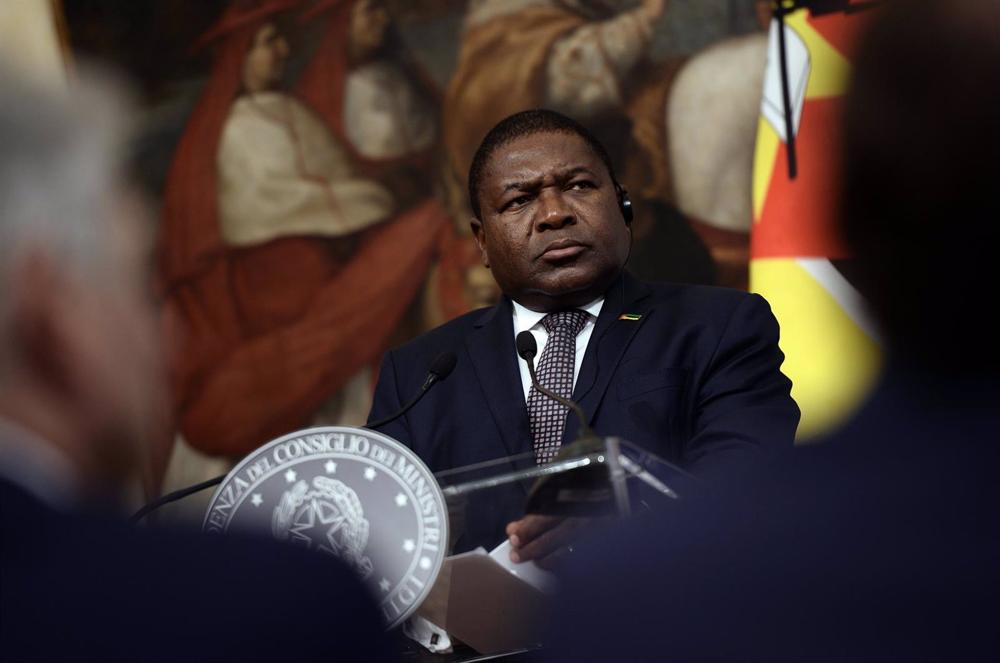
The European Commission’s Justice spokesman, Christian Wigand, has predicted that the proposed Media Freedom Act will be adopted in the second quarter of 2023 once the European Parliament and the European Council «consolidate positions» at the beginning of the year.
He said this Thursday in a session in Barcelona organized by the Col-legi de Periodistes, the Associació de Periodistes Europeus de Catalunya and the Representation of the European Commission in Barcelona, moderated by the director of El Periódico, Albert Sáez.
Wigand claimed that the new law will not be a mechanism for the regulation of the media from Brussels and argued that «there was a lack of a legal instrument» to defend media pluralism, which he sees as a pillar of any democracy.
He specified that the deployment of this law seeks to protect the editorial independence of the media; to guarantee transparency and fairness in the market; and cooperation between state regulatory authorities with the creation of a new committee.
Likewise, the EC Justice spokesman clarified that, in addition to protecting the media, it will also include «obligations» such as making the ownership of the media public and also having mechanisms to guarantee the independence of editorial decisions.
INJERENCE AND ESPIONAGE Wigand has defended that «there can be no interference in editorial decisions», a problem contemplated in the new regulation to which, in his opinion, the public media are particularly exposed due to their proximity to the State that finances them.
Thus, the regulation seeks to ensure that this funding is «sufficient and offers guarantees for the future» to the public media in order to prevent States from interfering in the journalistic work with their own interests.
«With this law we will have an even more powerful legal basis to be able to intervene,» said Wigand, who pointed out that it also focuses on the protection of sources and sanctions for those who use spyware, among others.






